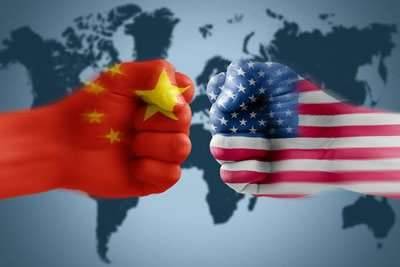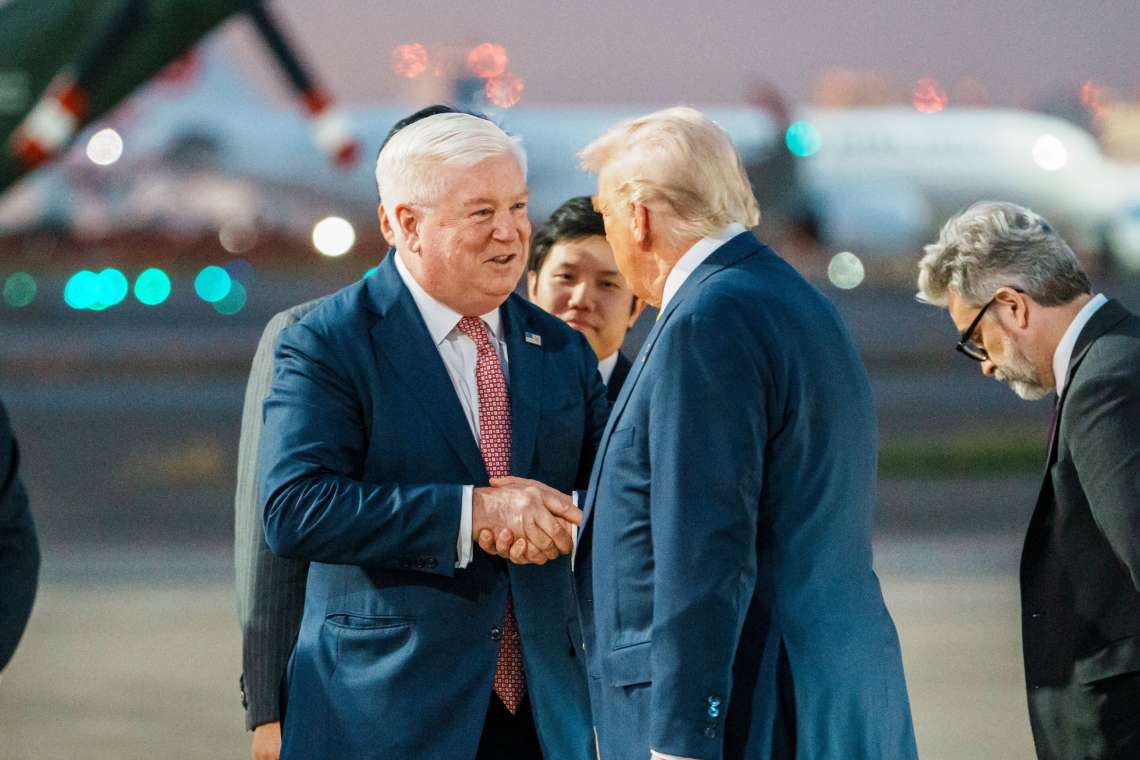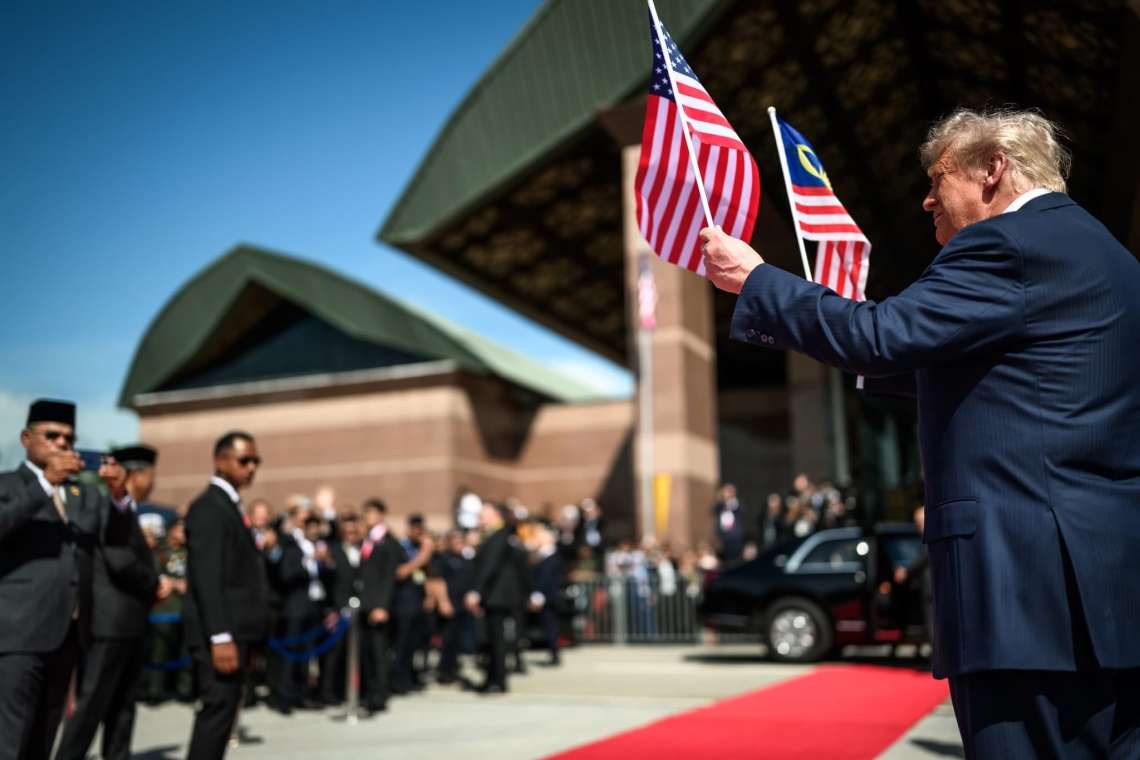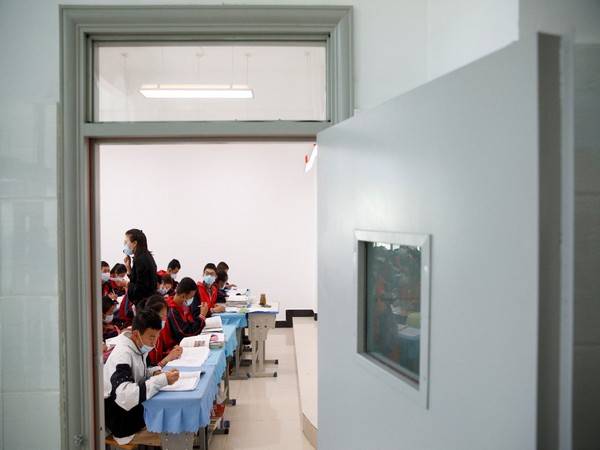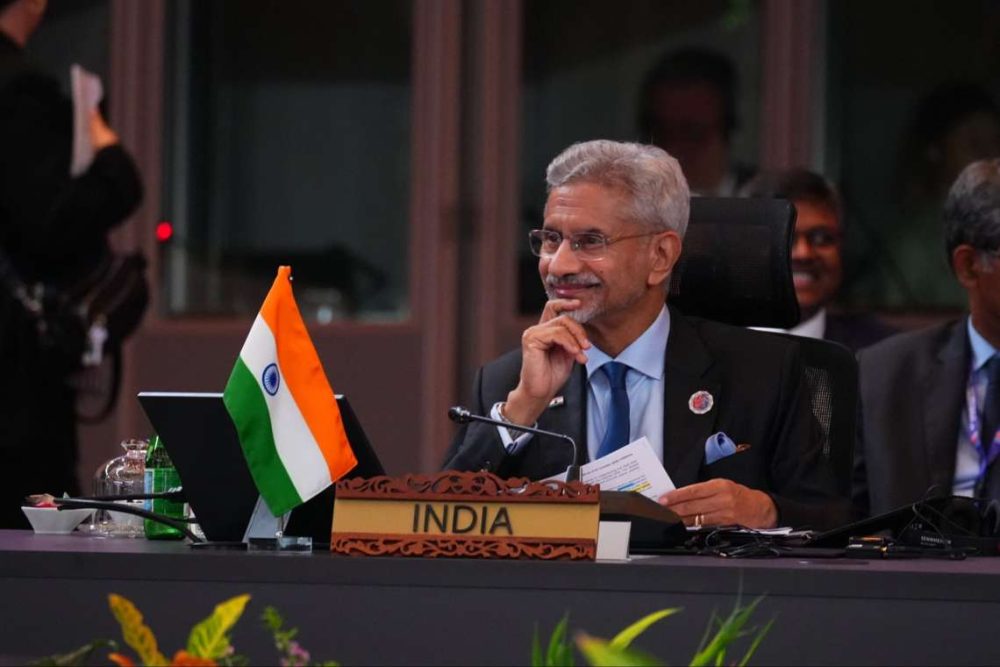VIE uses two entities to raise money from foreign investors. The first is a shell company based somewhere outside China, usually the Cayman Islands…reports Asian Lite News
The Chinese companies have been using a loophole for decades to raise money from foreign investors by using a structure called variable interest entity, or VIE.
Usually, when investors purchase a stock, what they’re doing is buying a percentage of the company but that is not the case with Chinese companies listed on the Nasdaq and the New York Stock Exchange, reported CNN.
VIE uses two entities to raise money from foreign investors. The first is a shell company based somewhere outside China, usually the Cayman Islands. The second is a Chinese company that holds the licenses needed to do business in the country. The two entities are connected via a series of contracts.
When foreign investors buy shares in a company that uses a VIE, they’re purchasing stock in the foreign shell company — not the business in China, reported CNN.
Chinese firms have been using the structure for decades because foreign investors are not really allowed to own stakes in local firms in industries including tech. Still, Chinese companies want to raise money abroad.
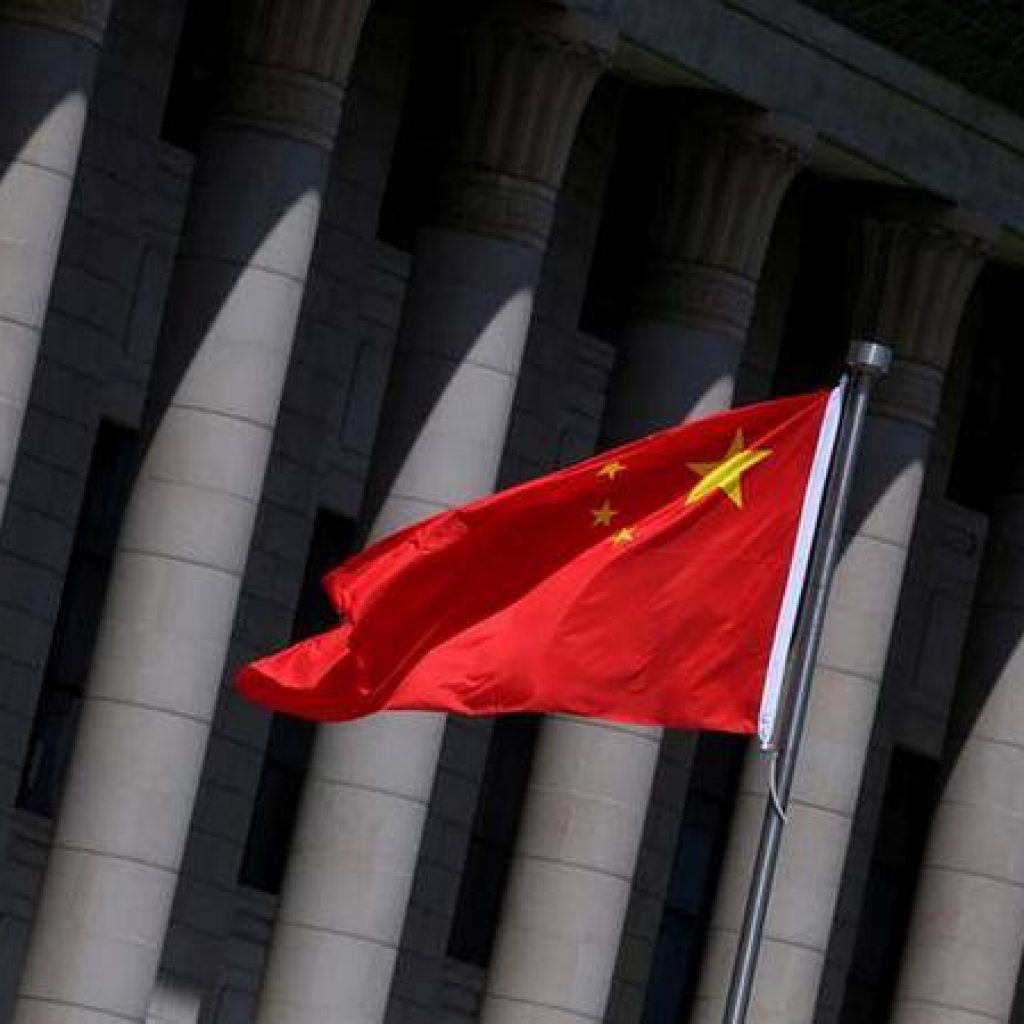
Creating an offshore holding company that goes public helps Chinese companies get around those rules. Wall Street and the US regulators have long been cool with the arrangement, which gives American investors easy exposure to dynamic companies that are powering the world’s second-largest economy, reported CNN.
But there are huge risks. First, it’s not clear that the contracts that entitle foreign investors to the economic benefits produced by Chinese companies are enforceable. It’s also not clear whether VIEs are legal under Chinese law.
Didi says in its prospectus that its legal counsel believes that its VIE “is not in violation of mandatory provisions of applicable PRC [Chinese] laws,” and that its contracts are “valid and binding.”
But it also included a warning to potential investors.
Chinese companies are essentially telling Beijing that they are 100 per cent owned by Chinese citizens. Meanwhile, the same companies are telling foreign shareholders that they’re the real owners, reported CNN.
After decades of both Chinese and US regulators taking a relaxed approach, there are signs that both are becoming uncomfortable with VIEs.
US Securities and Exchange Commission boss Gary Gensler announced new disclosure rules on July 30 targeting VIEs, saying Chinese companies need to be clearer with US investors about the risks.
“I worry that average investors may not realize that they hold stock in a shell company rather than a China-based operating company,” he said.
One of the new SEC provisions will require Chinese companies to disclose “whether the operating company and the issuer, when applicable, received or were denied permission from Chinese authorities to list on US exchanges.” (ANI)


